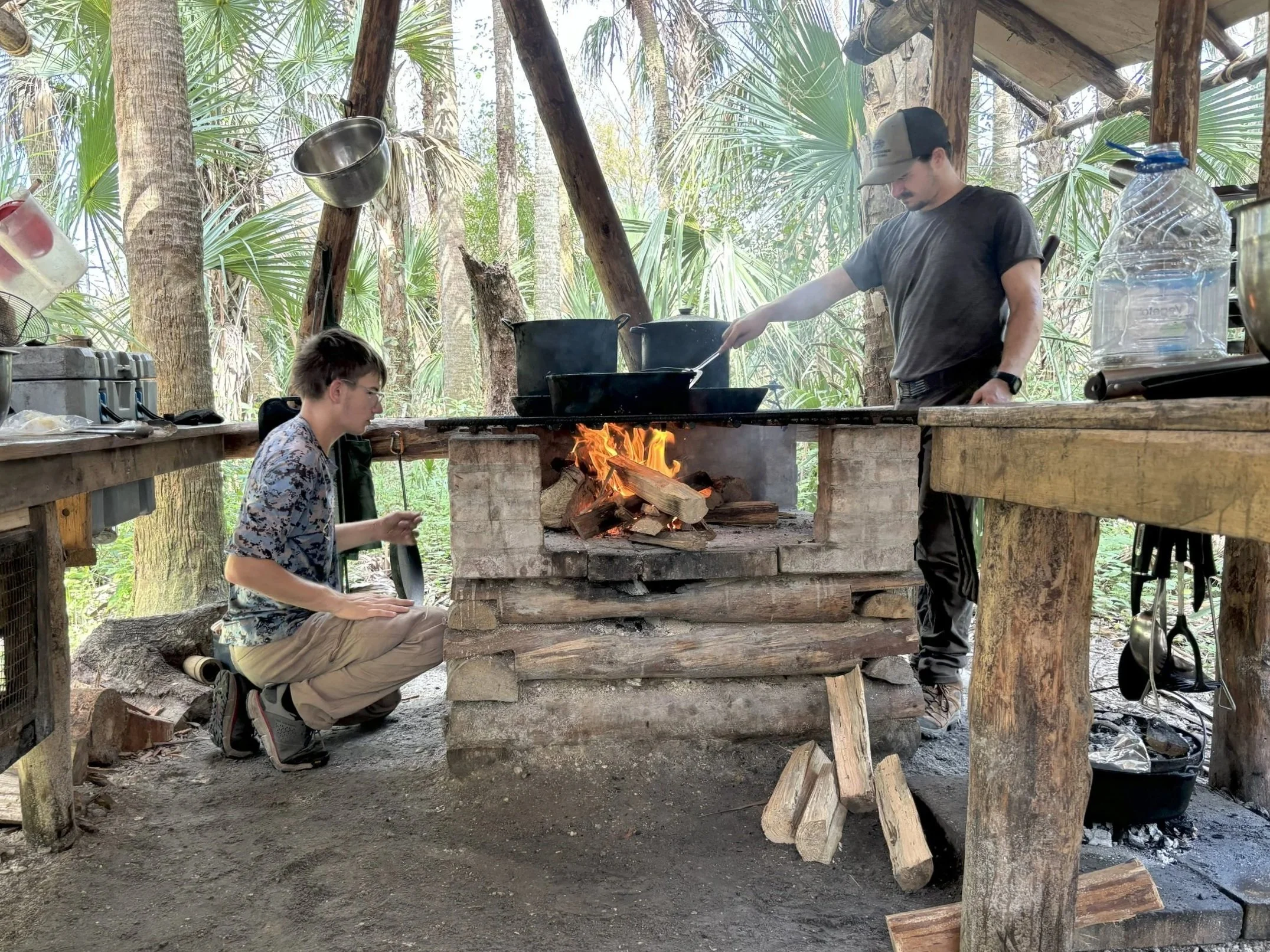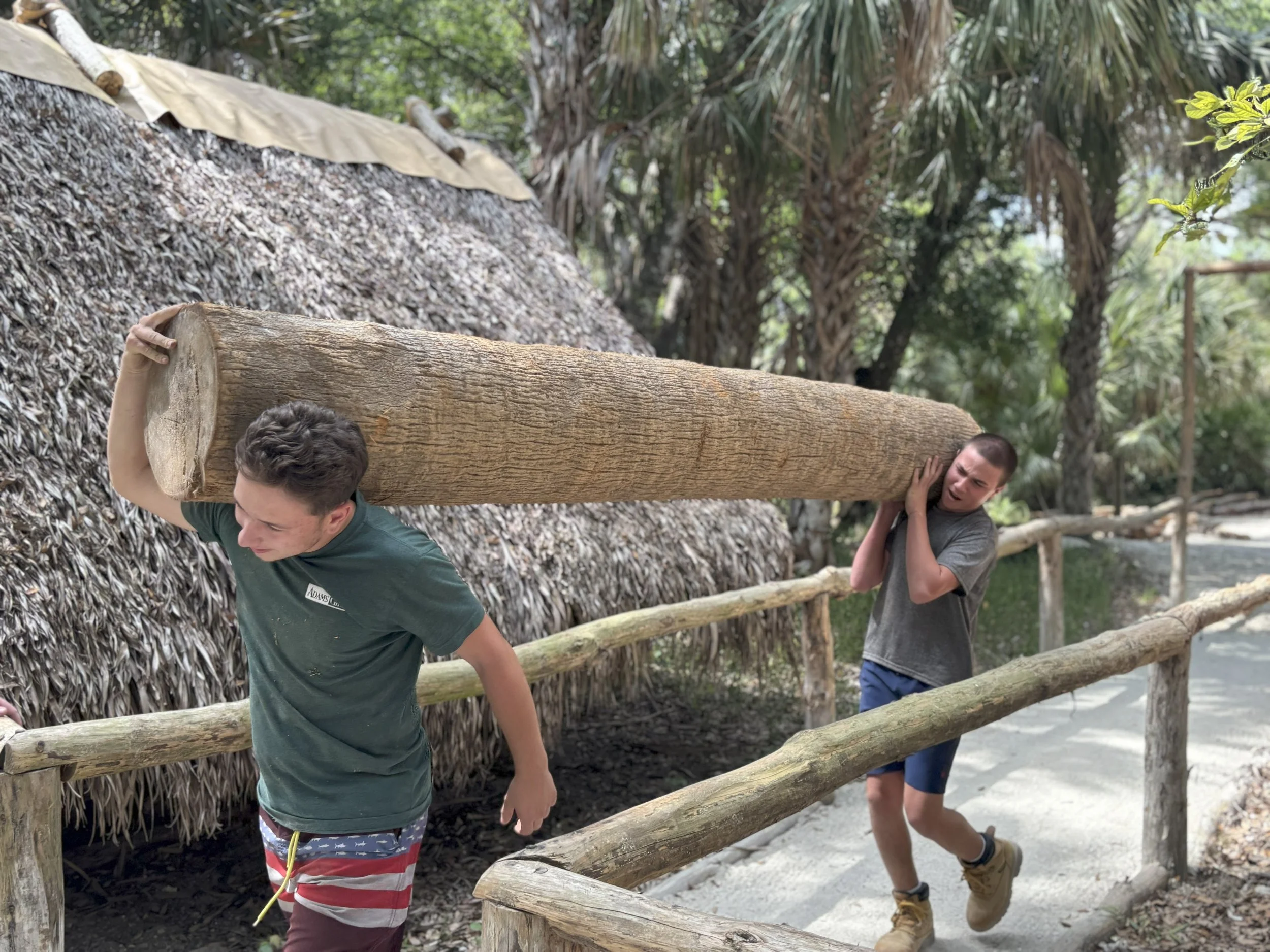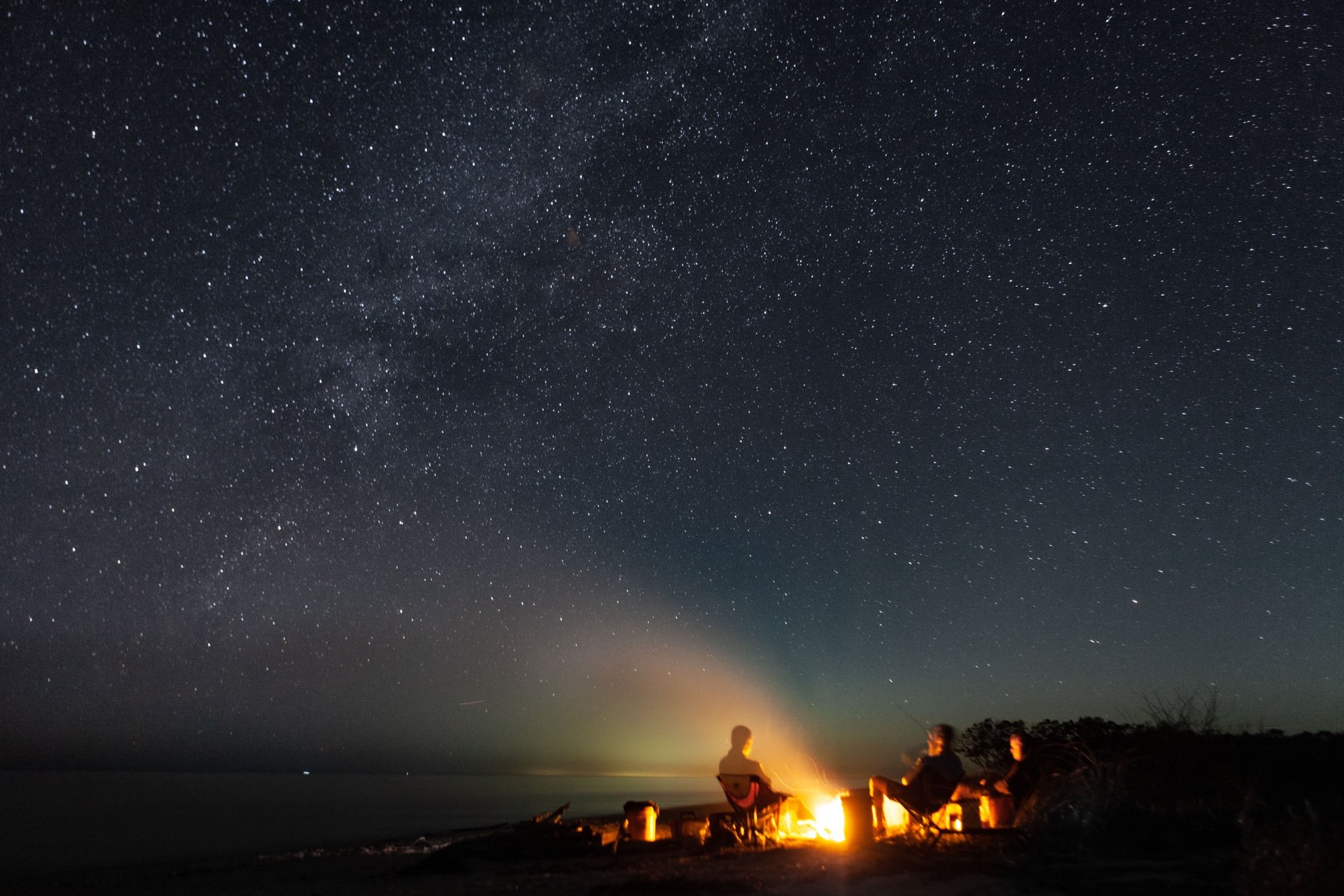
Our Program
“What we do, we do as a group and with a good attitude.”
Building Relationships
At Gator Wilderness Camp we recognize that healthy, growing relationships require hard work and effort from each person involved. Our society today provides few good examples of healthy, nurturing relationships. Despite all of the communication and technology available today, many in our country continue to suffer acutely with profound loneliness. It is the goal of each member of the staff team to place a high priority on partnering with campers to (1) develop the desire to believe he can experience success and satisfaction in relationships and (2) to develop the skill set to achieve these hopes and dreams. Campers are challenged to grow in a relationship with Jesus Christ, parents, peers, and others. Healthy relationships are extremely satisfying and worthwhile bringing “spice and meaning” to life and it is our desire to see this aspiration met in the lives of campers and their families.
Structure
Structure at camp provides the framework for teaching the right way in contrast to the wrong way of living, completing daily living requirements in their lives. Campers are taught to make their bed and clean their living structure and campsite daily. Many of the structures around camp concern the “preservation and care” of our natural surroundings. Campers are also taught the value of transferring the concept of camp structures to important structures of home, school, and the community.
Planning
We know that most successes come with a great effort and effective planning. Groups at camp are required to develop long and short term goals in conjunction with their treatment plans. Long term goals may include ideas that the group is planning for the next several months. For example, a multiple day canoe trip through the Everglades or the drafting of a new tent design to be built in campsite. To accomplish these goals successfully the group must learn to function as a team as they seek to solve problems that may arise along the way. Each week the group discusses and writes out a very specific set of plans and short term goals based upon the group’s needs for the coming week. Specific goals and objectives must coincide with the group’s long term goals. As a camper participates in this planning process, he begins to understand that effective planning goes far beyond an impulsive idea or a “my way first” attitude. Instead, good planning is rooted in clear plans with specific targets and goals at the forefront. When a group learns to internalize the planning process, a deep sense of accomplishment and confidence replaces the cycle of failure our campers have often experienced in the past.
Problem Solving
At camp we understand that problems are a part of life. We also realize that learning to “talk out” problems, whether large or small, can be extremely difficult. It is our goal that every camper entrusted to our program learns to identify and talk about problems in his own life and through the encouragement of camp staff finds the strength to tackle these problems with a spirit of honesty and courage. It is also our expectation that each camper encourage and assist his peers in solving their problem. At camp we call this “helping yourself and helping others." Our trained group counselors, who live with the group 24 hours, daily assist the group and campers in solving daily problems and talking out past problems that may have occurred prior to their admission. These deep problems often result in pain and a wide range of negative feelings that have caused the camper to lock into a cycle of turmoil and confusion. As each camper learns to talk about these painful problems in a constructive manner, guided by camp staff, this cycle of turmoil and confusion is replaced by appropriate behavior resulting in great personal progress on behalf of the boy.
Evaluation
After adding the important building blocks of relationship, structure, planning, and problem solving, we would miss a vital piece of the puzzle if we were to stop now. Evaluation allows the camper and group to simply ask the question, “How did we do?” in response to each planned activity. This question, when asked in the spirit of learning, enables the group to learn from what they did well or what they could do better the next time. At the conclusion of each day the group evaluates the successes and struggles of the day to maximize all learning.





